2009 UTILITY Dry Van Trailers
General
Quantity 1
Stock Number 10703
Year 2009
Manufacturer UTILITY
Model 53 FT
Condition Used
VIN 1UYVS25389G733403
Width 102″ Wide
Sliding Tandem
Super Singles
Tire Inflation System
Side Skirts
Specifications
Trailer Sales and Leasing: 2009 Utility Dry Van Trailers for Sale
Introduction to 2009 Utility Dry Van Trailers
In the world of transportation and logistics, having the right equipment is crucial for efficiency and reliability. Among the various types of trailers available, the 2009 Utility Dry Van Trailers stand out as a preferred choice for many businesses. These trailers are designed to provide maximum cargo protection while ensuring ease of use and durability. Whether you are a small business owner or part of a large fleet operation, investing in a high-quality dry van trailer can significantly enhance your operational capabilities.
Why Choose 2009 Utility Dry Van Trailers?
The year 2009 marked a significant period in trailer manufacturing, with advancements in design and technology that improved functionality and safety. The Utility Trailer Manufacturing Company, one of the oldest manufacturers in the industry, produced these dry van trailers with an emphasis on quality and performance. Here are several reasons why these trailers are an excellent investment:
- Durability and Construction Quality
- The 2009 Utility Dry Van Trailers are built using high-strength materials that ensure longevity. The aluminum construction not only reduces weight but also enhances resistance to corrosion, making these trailers ideal for various weather conditions.
- The reinforced structure provides added strength against impacts, which is essential for transporting goods safely.
- Spacious Cargo Capacity
- With a standard length of 53 feet, these trailers offer ample space for transporting large volumes of freight. This capacity allows businesses to maximize their load efficiency, reducing the number of trips required to deliver goods.
- The interior height typically reaches around 110 inches, accommodating tall cargo items without compromising safety.
- Enhanced Aerodynamics
- Designed with aerodynamics in mind, the 2009 Utility Dry Van Trailers feature a sleek profile that minimizes wind resistance during transit. This design not only improves fuel efficiency but also contributes to lower operating costs over time.
- Versatile Usage
- These trailers are suitable for various applications including general freight transport, food distribution, and retail deliveries. Their versatility makes them an ideal choice for businesses across different sectors.
- Safety Features
- Safety is paramount in transportation; hence these trailers come equipped with advanced braking systems and reflective tape that enhances visibility during night operations.
- Additionally, many models include features like air ride suspension systems that provide smoother rides and reduce wear on both the trailer and cargo.
Specifications of 2009 Utility Dry Van Trailers
When considering purchasing a trailer, understanding its specifications is vital to ensure it meets your business needs:
- Length: Typically 53 feet
- Width: Standard width is about 102 inches
- Height: Approximately 13 feet
- Weight Capacity: Generally around 45,000 lbs (varies by model)
- Material: Primarily aluminum with some steel components
- Axles: Usually equipped with tandem axles
These specifications highlight the robust nature of the trailer while providing flexibility in terms of load capacity.
Maintenance Considerations
Owning a trailer comes with responsibilities regarding maintenance to ensure longevity and optimal performance:
- Regular Inspections
- Conduct routine inspections to check for any signs of wear or damage.
- Pay special attention to tires, brakes, lights, and structural integrity.
- Cleaning
- Regularly clean both the interior and exterior to prevent rust buildup and maintain appearance.
- Use appropriate cleaning agents that do not damage aluminum surfaces.
- Lubrication
- Ensure all moving parts such as hinges and axles are adequately lubricated to prevent friction-related issues.
- Documentation
- Keep detailed records of maintenance activities which can be beneficial during resale or lease evaluations.
Financing Options Available
At Trailer Sales and Leasing, we understand that investing in equipment can be substantial; therefore we offer flexible financing options tailored to meet your budgetary needs:
- Leasing Options
- Leasing provides an opportunity to use high-quality trailers without committing to full purchase costs upfront.
- Monthly payments can be structured based on usage requirements.
- Purchase Financing
- For those looking to buy outright, we offer competitive financing rates through partnerships with leading financial institutions.
- Various loan terms are available depending on your financial strategy.
- Trade-In Programs
- If you have existing equipment you wish to upgrade from, our trade-in programs allow you to receive credit towards your new purchase or lease agreement.
Customer Support Services
Our commitment extends beyond just sales; we pride ourselves on offering exceptional customer support services:
- Expert Consultation
- Our knowledgeable staff is available to assist you in selecting the right trailer based on your specific needs.
- After-Sales Service
- We provide ongoing support post-purchase including maintenance advice and troubleshooting assistance.
- Parts Availability
- Should you require replacement parts or accessories for your trailer down the line, we maintain an extensive inventory ready for immediate dispatch.
Conclusion: Invest in Your Future with 2009 Utility Dry Van Trailers
Investing in a reliable transportation solution like the 2009 Utility Dry Van Trailers can significantly impact your business’s operational efficiency and profitability. With their robust construction, spacious interiors, safety features, and versatile applications—these trailers represent an excellent value proposition for any logistics operation looking to enhance its fleet capabilities.
At Trailer Sales and Leasing, we invite you to explore our inventory of 2009 Utility Dry Van Trailers for sale today! Our team is ready to assist you every step of the way—from selection through financing—to ensure you find the perfect fit for your business needs.
Utility Trailers: Dry Vans for Sale
When discussing utility vehicles, one cannot overlook the importance of utility trailers, particularly dry vans. These trailers are essential for businesses that require efficient transportation solutions for goods and materials. A dry van trailer is enclosed and protects cargo from weather elements while providing security against theft.
Utility trailers come in various sizes and configurations to meet specific needs. They are typically constructed from durable materials such as aluminum or steel to ensure longevity and reliability under heavy loads. When considering purchasing a dry van trailer, factors such as payload capacity, dimensions, and weight distribution must be taken into account.
For businesses involved in logistics or freight transport, investing in quality utility trailers can significantly enhance operational efficiency. They allow for streamlined loading and unloading processes while ensuring that goods arrive at their destination safely.
Comparing Utility Vehicles
When looking at utility vehicles on the market today, it’s important to compare different models based on several criteria: performance, comfort, safety features, cargo capacity, and overall value for money.
- Performance: The performance of a utility vehicle like the 2009 Acura MDX can be compared with other SUVs in its class by examining engine specifications (horsepower and torque), fuel efficiency (miles per gallon), and handling characteristics (such as steering response). For instance:
- The MDX’s V6 engine produces approximately 300 horsepower.
- Competing models may include vehicles like the Toyota Highlander or Ford Explorer; each has unique performance metrics worth evaluating.
- Comfort: Comfort levels can vary significantly among utility vehicles. Features such as seat material quality (leather vs fabric), legroom dimensions (front/rear), climate control systems (dual-zone vs single-zone), and infotainment options should be assessed.
- The Acura MDX boasts premium leather seating with ample legroom compared to competitors like Honda Pilot or Nissan Pathfinder.
- Safety Features: Safety ratings from organizations like NHTSA (National Highway Traffic Safety Administration) or IIHS (Insurance Institute for Highway Safety) provide insight into how well different models perform in crash tests.
- The 2009 Acura MDX received commendable safety ratings due to its comprehensive suite of safety technologies.
- Cargo Capacity: Evaluating cargo space is crucial when selecting a utility vehicle or trailer.
- The MDX offers up to 83 cubic feet of cargo space with rear seats folded down.
- In comparison to other SUVs like Chevrolet Traverse or Kia Telluride could reveal differences in usability based on family size or business needs.
- Overall Value: Finally, assessing overall value involves considering purchase price against long-term ownership costs including maintenance expenses and resale value.
- Researching depreciation rates can help determine which models retain their value better over time.
Conclusion: Making an Informed Choice
In conclusion, whether you are interested in purchasing a Sport Utility 4D or exploring options for utility trailers, understanding your specific needs is paramount when making an informed decision about which vehicle best suits your lifestyle or business requirements.
The versatility offered by both SUVs like the Acura MDX and functional equipment such as dry van trailers ensures that there are solutions available for every type of user—from families needing reliable transportation to businesses requiring efficient logistics support.
By carefully comparing features across various models within these categories—considering aspects such as performance metrics alongside comfort levels—you can confidently select a vehicle that meets your expectations while delivering exceptional value over time.
Utility Dry Van Trailers for Sale: Your Ultimate Solution for Reliable Transportation
Introduction to Utility Dry Van Trailers
When it comes to transporting goods efficiently and securely, utility dry van trailers stand out as one of the most reliable options available in the market. These trailers are designed specifically to protect cargo from external elements, ensuring that your products arrive at their destination in pristine condition. Whether you are a small business owner looking to expand your logistics capabilities or a large corporation needing a fleet upgrade, utility dry van trailers offer versatility, durability, and efficiency.
What is a Utility Dry Van Trailer?
A utility dry van trailer is an enclosed trailer used primarily for transporting freight. Unlike open trailers, dry vans provide complete protection against weather conditions such as rain, snow, and wind. They are constructed with robust materials that ensure the safety of the cargo inside. Typically ranging from 28 to 53 feet in length, these trailers can accommodate various types of goods, making them ideal for numerous industries including retail, manufacturing, and food services.
Key Features of Utility Dry Van Trailers
- Durable Construction Utility dry van trailers are built with high-quality materials such as aluminum or steel frames combined with composite or plywood walls. This construction not only enhances the strength of the trailer but also contributes to its longevity.
- Weather Resistance The enclosed design protects cargo from environmental factors. With features like sealed doors and insulated walls, these trailers maintain a stable internal environment regardless of external conditions.
- Versatile Loading Options Most utility dry van trailers come equipped with multiple loading options including swing doors and roll-up doors. This flexibility allows for easy access during loading and unloading processes.
- Enhanced Security Features Security is paramount when transporting valuable goods. Many utility dry van trailers include locking mechanisms on doors and can be fitted with GPS tracking systems to monitor location in real-time.
- Customizable Interiors Depending on your specific needs, utility dry van trailers can be customized with shelving units, tie-down points, and other interior modifications that optimize space utilization.
- Fuel Efficiency Modern designs focus on aerodynamics which helps reduce drag while on the road. This feature not only improves fuel efficiency but also lowers operational costs over time.
Benefits of Owning Utility Dry Van Trailers
- Cost-Effective Transportation Investing in utility dry van trailers can significantly reduce transportation costs compared to renting or leasing vehicles over time. Ownership allows businesses to manage their logistics more effectively without incurring ongoing rental fees.
- Increased Capacity With larger capacity options available (up to 53 feet), businesses can transport more goods per trip, leading to fewer trips needed overall and increased productivity.
- Improved Delivery Times Having dedicated trailers means that businesses can schedule deliveries according to their own timelines rather than relying on third-party services which may have varying schedules.
- Branding Opportunities Owning your own fleet provides an excellent opportunity for branding through custom paint jobs or decals on the trailer’s exterior—turning each trip into a mobile advertisement for your business.
- Tax Benefits Businesses may qualify for tax deductions related to vehicle depreciation when they purchase utility dry van trailers as part of their fleet management strategy.
Choosing the Right Utility Dry Van Trailer
When selecting a utility dry van trailer for sale, consider the following factors:
- Size Requirements Determine what size will best meet your transportation needs based on the types of goods you typically transport and how much volume you require.
- Weight Capacity Ensure that the trailer’s weight capacity aligns with your typical load requirements; this will prevent overloading which could lead to safety hazards or legal issues.
- Material Composition Evaluate whether aluminum or steel construction is better suited for your operations based on durability needs versus weight considerations (aluminum being lighter).
- New vs Used Trailers Decide whether you want a new trailer with all modern features or if a used option might suffice; both have their pros and cons regarding cost-effectiveness and reliability.
- Manufacturer Reputation Research manufacturers known for producing high-quality utility dry van trailers; reputable brands often provide better warranties and customer service support post-purchase.
- Financing Options Available Explore financing opportunities offered by dealers which may include loans or lease-to-own arrangements that make acquiring new equipment more manageable financially.
Maintenance Tips for Utility Dry Van Trailers
To ensure longevity and optimal performance from your utility dry van trailer:
- Regular Inspections Conduct routine checks on tires, brakes, lights, and structural integrity at least once every month or before long trips.
- Cleaning Procedures Keep both the interior and exterior clean; debris buildup can cause damage over time while cleanliness reflects professionalism.
- Lubrication of Moving Parts Regularly lubricate hinges and other moving components to prevent wear-and-tear which could lead to costly repairs down the line.
- Tire Maintenance Monitor tire pressure regularly; under-inflated tires can lead not only to poor fuel efficiency but also increase risks during transit.
- Documentation Management Maintain accurate records regarding maintenance schedules performed along with any repairs made—this documentation is essential should warranty claims arise later on.
- Professional Servicing When Needed Don’t hesitate to seek professional help if you notice any significant issues beyond basic maintenance capabilities—addressing problems early prevents larger complications later!
Conclusion: Invest in Your Future with Utility Dry Van Trailers For Sale
Utility dry van trailers represent an invaluable asset in today’s fast-paced logistics landscape where reliability meets efficiency head-on! By investing wisely into quality equipment tailored specifically towards meeting individual business demands—from enhanced security features down through customizable interiors—companies position themselves favorably within competitive markets while ensuring safe transport solutions across diverse sectors!
Whether you’re looking at expanding existing fleets or starting fresh altogether—utility dry vans offer unparalleled advantages worth considering seriously! Explore our extensive inventory today!
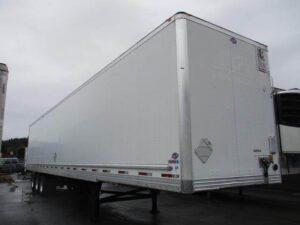
Trailer Sales and Leasing: Semi-Trailer Shopping – Wabash vs Utility Trailer
When it comes to semi-trailer shopping, particularly for dry van trailers, two of the most prominent manufacturers in the industry are Wabash National Corporation and Utility Trailer Manufacturing Company. Both companies have established themselves as leaders in the market, offering a range of products that cater to various transportation needs. This detailed comparison will explore the features, benefits, and overall performance of Wabash and Utility trailers to determine which is the best dry van trailer for your specific requirements.
Understanding Dry Van Trailers
Before diving into the specifics of Wabash and Utility trailers, it’s essential to understand what a dry van trailer is. A dry van trailer is an enclosed trailer used primarily for transporting goods that need protection from weather elements. These trailers are typically used for freight that does not require temperature control, making them ideal for a wide range of cargo types.
Wabash National Corporation: Overview
Founded in 1985, Wabash National Corporation has become synonymous with innovation in the trailer manufacturing industry. The company is known for its commitment to quality and efficiency, producing trailers that meet rigorous safety standards while also being lightweight and durable.
Key Features of Wabash Trailers
- Composite Construction: One of the standout features of Wabash trailers is their use of composite materials. The company’s patented process combines fiberglass-reinforced plastic with aluminum components, resulting in a lighter yet stronger trailer. This design helps improve fuel efficiency by reducing overall weight.
- Aerodynamic Design: Wabash trailers are designed with aerodynamics in mind. The sleek shape reduces drag during transit, which can lead to significant fuel savings over time.
- Durability and Longevity: Wabash trailers are built to last. They undergo rigorous testing to ensure they can withstand harsh conditions and heavy loads without compromising structural integrity.
- Advanced Technology: Many Wabash models come equipped with advanced technology such as telematics systems that provide real-time data on trailer performance, location tracking, and maintenance alerts.
- Customization Options: Wabash offers a variety of customization options to meet specific customer needs, including different lengths, widths, and interior configurations.
Utility Trailer Manufacturing Company: Overview
Established in 1914, Utility Trailer Manufacturing Company has a long-standing reputation for producing high-quality trailers that cater to various industries. With over a century of experience, Utility has developed a robust lineup of dry van trailers known for their reliability and performance.
Key Features of Utility Trailers
- Aluminum Construction: Utility trailers often feature an all-aluminum construction that provides excellent strength-to-weight ratios while resisting corrosion over time. This material choice enhances durability without adding unnecessary weight.
- Thermal Insulation: Many Utility models include thermal insulation options that help maintain consistent temperatures within the trailer’s cargo area—an important feature for transporting sensitive goods even if they are not temperature-controlled.
- Reinforced Structure: Utility trailers are designed with reinforced structures that enhance their ability to handle heavy loads without warping or bending under pressure.
- User-Friendly Design: The design philosophy at Utility emphasizes ease of use; features such as easy-access doors and user-friendly loading mechanisms make these trailers practical for everyday operations.
- Strong Resale Value: Due to their reputation for quality and durability, Utility trailers tend to retain their value well over time compared to other brands in the market.
Comparative Analysis: Wabash vs Utility Trailers
When comparing Wabash and Utility trailers side by side, several factors come into play:
- Weight Efficiency:
- Wabash: The composite construction allows for significant weight savings.
- Utility: While aluminum is lightweight, it may not achieve the same level of weight reduction as composite materials used by Wabash.
- Durability & Maintenance:
- Wabash: Known for its innovative designs but may require more specialized maintenance due to advanced materials.
- Utility: Offers robust durability with less specialized maintenance needs due to traditional aluminum construction.
- Cost Considerations:
- Pricing can vary significantly based on customization options; however, generally speaking:
- Wabash tends to be priced higher due to advanced technology features.
- Utility may offer more budget-friendly options while still maintaining quality.
- Pricing can vary significantly based on customization options; however, generally speaking:
- Fuel Efficiency & Performance:
- Wabash: Aerodynamic designs contribute positively towards fuel efficiency.
- Utility: While efficient, it may not match the aerodynamic advantages offered by some Wabash models.
- Resale Value & Market Demand:
- Both brands hold strong resale values; however:
- Utility often sees higher demand in secondary markets due to brand loyalty built over decades.
- Wabash, being newer on the scene but highly innovative, appeals more towards tech-savvy buyers looking for modern solutions.
- Both brands hold strong resale values; however:
- Customization Options & Flexibility:
- Both manufacturers offer extensive customization options; however:
- Wabash provides more modern technological integrations.
- Utility focuses on practical enhancements suitable for various operational needs.
- Both manufacturers offer extensive customization options; however:
- Customer Support & Warranty Services
- Both companies provide solid customer support; however:
- Wabash offers comprehensive warranty packages covering structural integrity extensively.
- Utility provides reliable service networks across North America ensuring quick access to parts and repairs when needed.
- Both companies provide solid customer support; however:
- Industry Applications
- Depending on your specific industry application (e.g., food transport vs general freight), one brand may suit your needs better than another based on their unique offerings tailored toward those sectors.
In conclusion, both Wabash National Corporation and Utility Trailer Manufacturing Company produce high-quality dry van trailers suited for various applications within the transportation sector; choosing between them ultimately depends on individual business needs regarding weight efficiency versus durability or technological advancements versus traditional reliability.
After evaluating all aspects discussed above:
The best dry van trailer between Wabash and Utility largely hinges upon specific operational requirements—whether you prioritize cutting-edge technology or proven reliability will guide your decision-making process effectively.
Thus we conclude:
The best dry van trailer depends on individual business needs; however, if prioritizing innovation and fuel efficiency is key—Wabash may edge out slightly ahead whereas if durability alongside cost-effectiveness matters most—Utility could be deemed superior overall depending upon context!
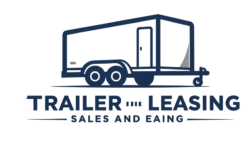

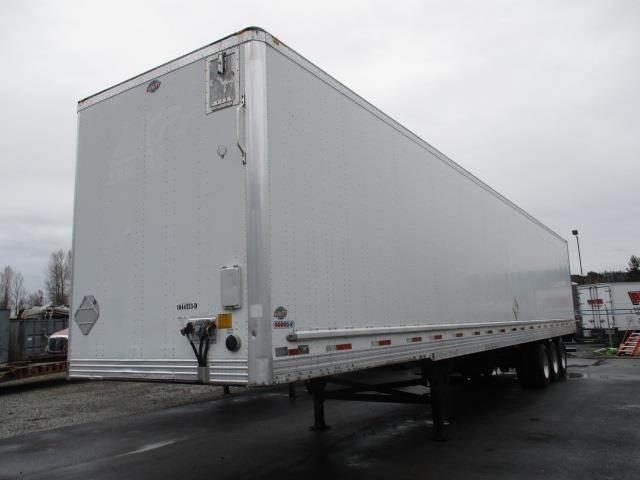
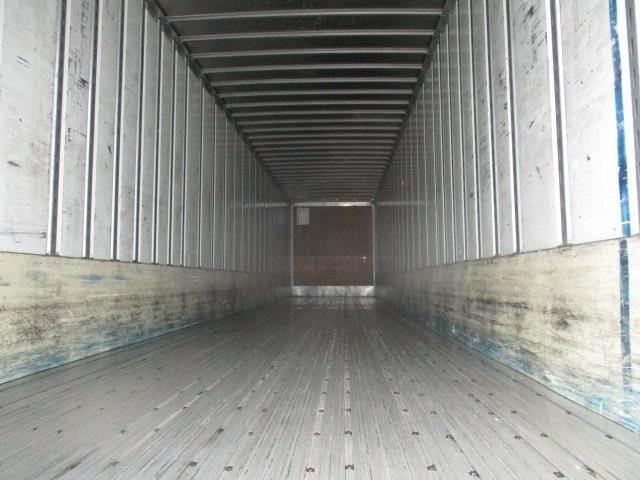
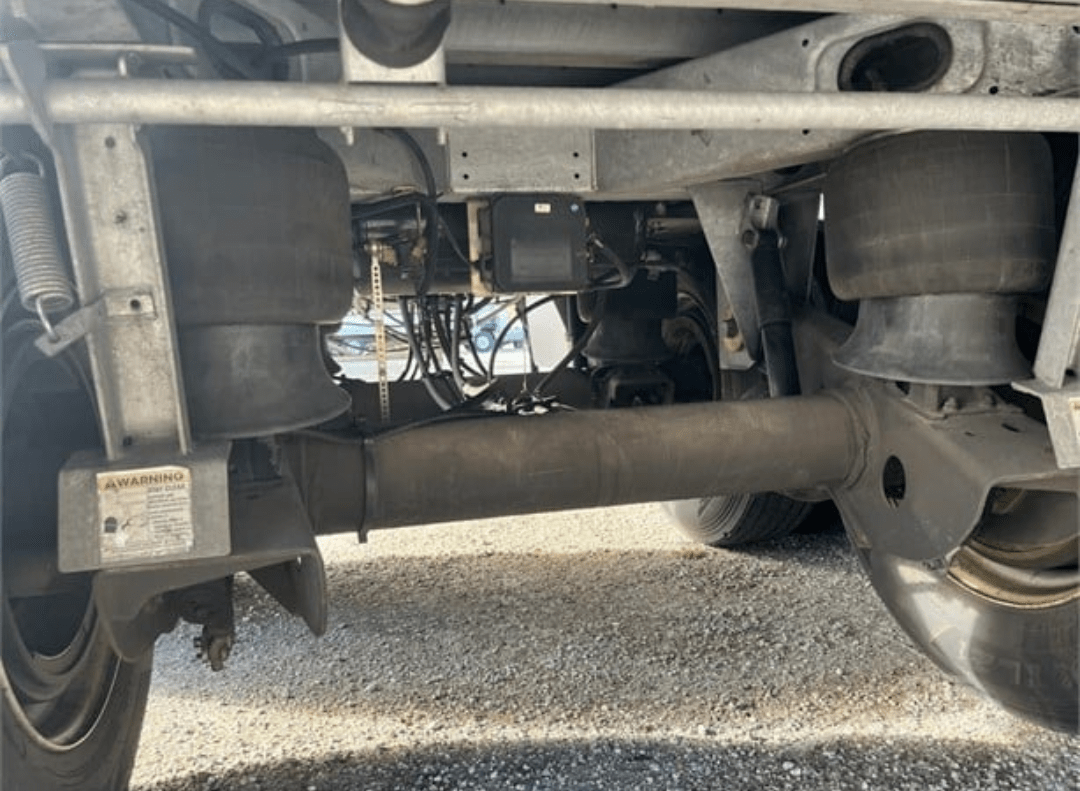
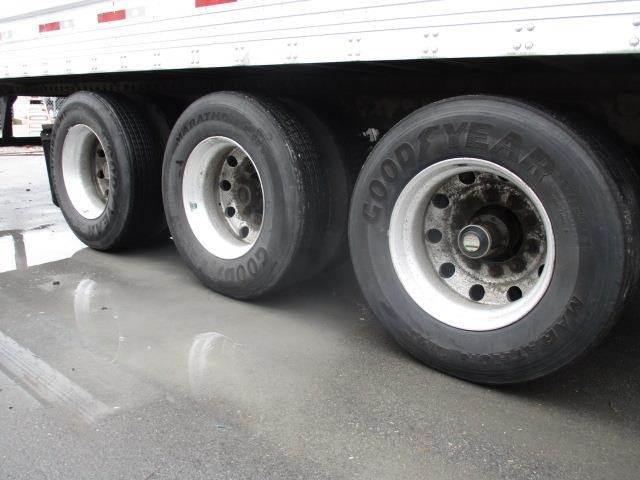
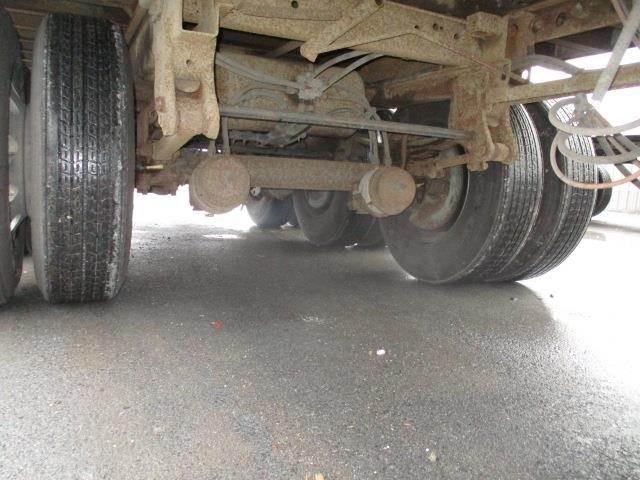
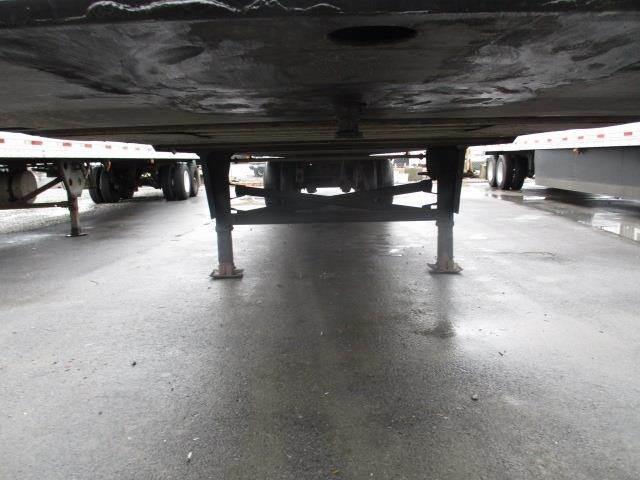
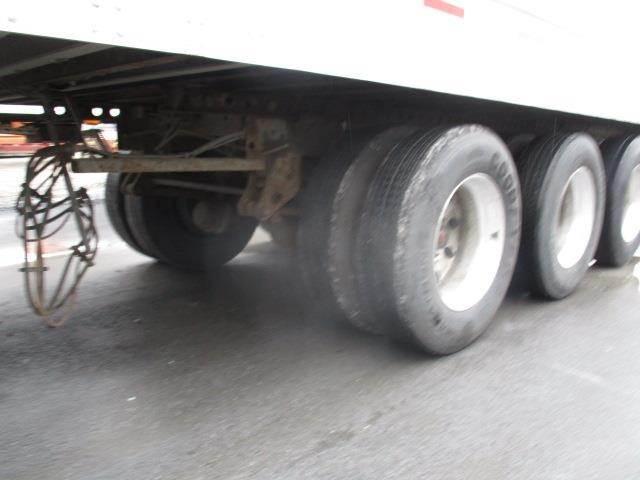
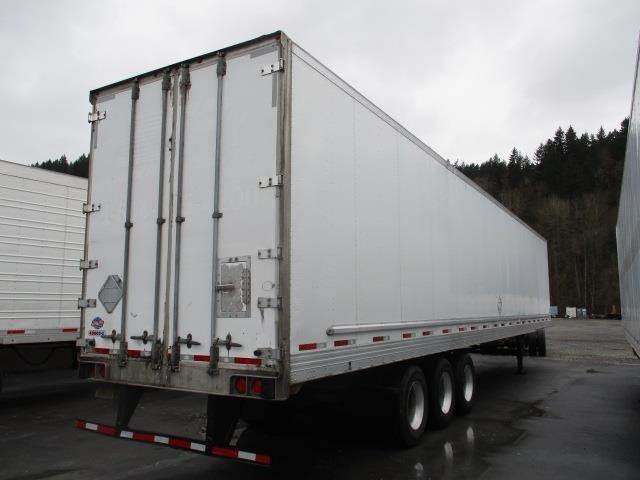
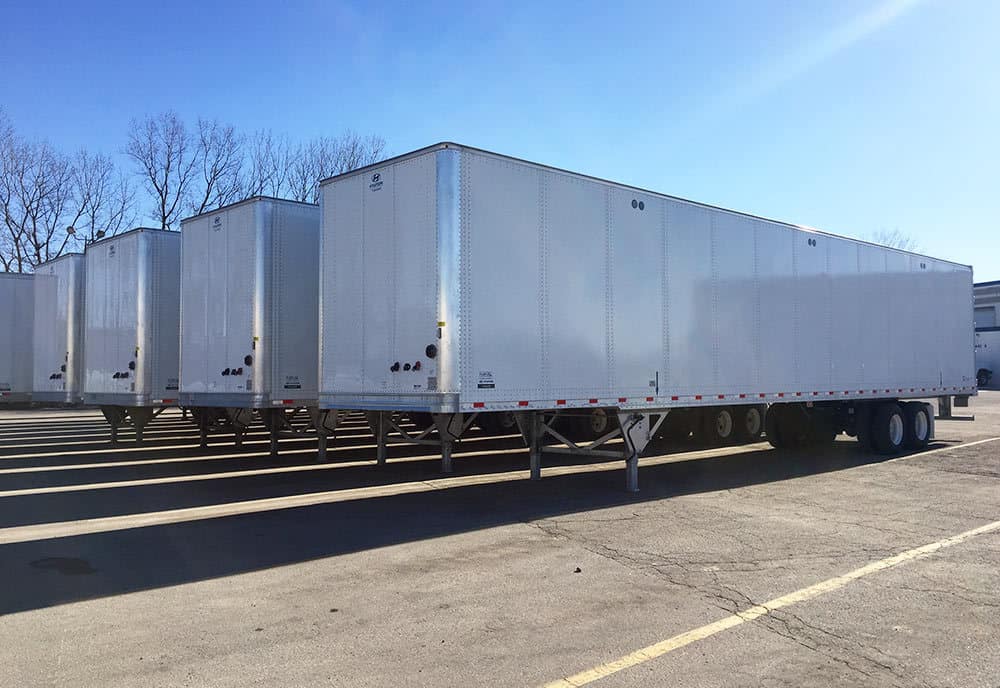

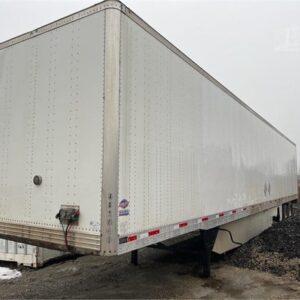


Reviews
There are no reviews yet.